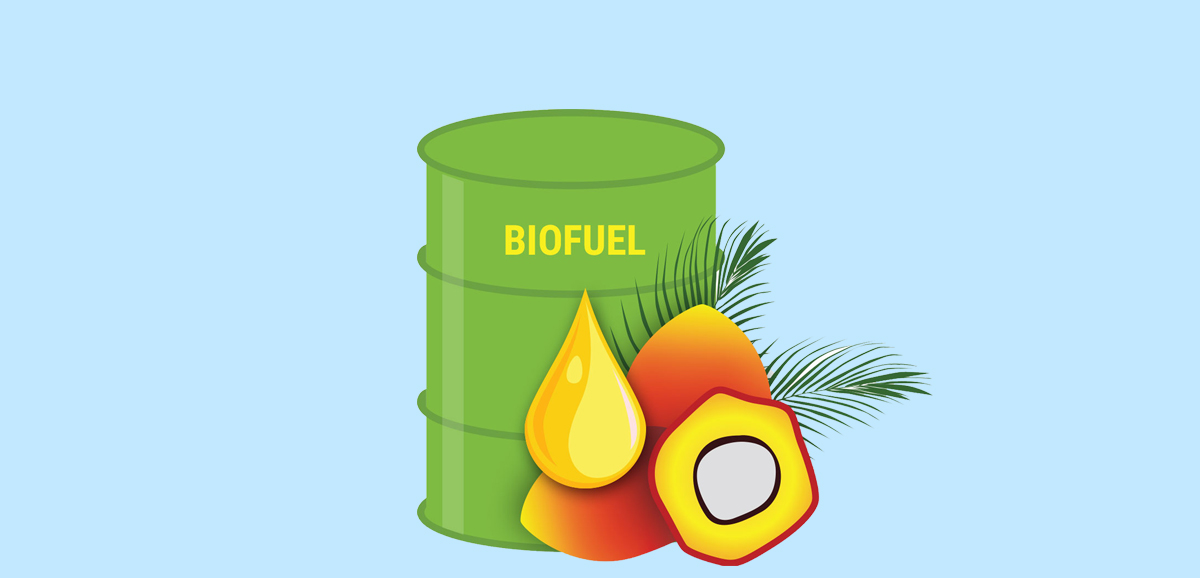August 10, 2019
State Govt encouraging biofuel towards a cleaner future

Today is World Biofuel Day. Biofuel is a fuel derived immediately from living matter. Biofuels increase energy self-sufficiency, reduce import costs and strengthen domestic agricultural development.
There are various categories of biofuels like biogas, ethanol and biodiesel. Biogas is derived from biomass like human and animal faecal matter. Biogas has been used, especially in rural areas which are too remote to connect to the conventional grid, to generate electricity and as a cooking fuel, and increasingly of late, as a transport fuel to minimise vehicle emissions and increase sustainability.
The Bangla Government has several projects running that produce biogas for use as domestic fuel and for generating electricity. In recent years, the government has also facilitated private companies to open biogas plants.
In the State, West Bengal Renewable Energy Development Agency (WBREDA), which is under the Power and Non-conventional Energy Sources Department, is the coordinating agency for biofuel production.
Biomass-based biogas (colloquially called gobar gas) production units for village electrification are successfully running in remote places like in the Sundarbans, like Gosaba, Chotto Mollakhali and Herembo Gopalpur. These are run by cooperatives set up by the WBREDA.
Biogas plants for cooking are running in places like Ramgarh, Karudoba (both in Purulia district) and Bhuifore (Bankura district).
Then, there are units for power generation in rice mills through rice husk gasifier mode (rice husk is also a type of biomass) in several places, also under WBREDA.
Two years back, a private company started a 55-seater bus powered by biogas, sourced from cow dung, in Kolkata; it was India’s first such bus service.
Kolkata Municipal Corporation (KMC) also runs a project to make biogas and organic fertilisers from the tons of garbage it collects daily.
